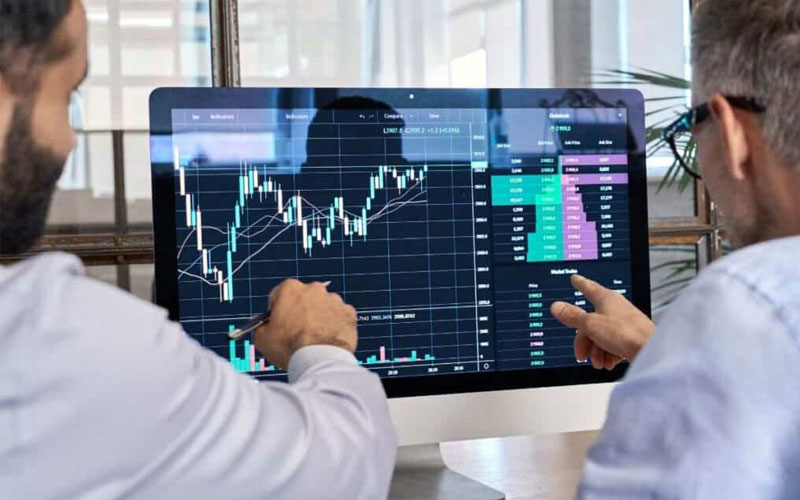Trading Platforms – How to Choose the Right One?
Are you ready to dive into trading? Whether you’re a seasoned investor or just starting, choosing the right trading platform is crucial for your success.
With so many options available, it can be overwhelming to know where to begin. In this blog post, we’ll guide you through the process of selecting trading platforms that suit your needs and help you navigate the exciting world of online trading.
What is a Trading Platform?
A trading platform is a software application that allows investors to buy and sell financial instruments, such as stocks, bonds, commodities, or currencies. It serves as an intermediary between traders and the market, providing access to real-time market data and facilitating trade execution.
These platforms come in various forms – some are web-based, while others can be downloaded onto your desktop or accessed through mobile apps. They provide users with essential tools and features like price charts, order placement options, account management functionalities, research resources, and more.
The beauty of trading platforms is that they level the playing field for both beginners and experienced traders. With just a few clicks, you can execute trades from anywhere in the world at any time. The convenience factor cannot be overstated.
Moreover, trading platforms often offer educational resources such as tutorials and guides to help users enhance their knowledge about investing strategies and techniques. This makes them suitable for individuals who want to expand their skills while engaging in diverse investment opportunities.
Desktop vs. Mobile App
When it comes to trading platforms, one of the key decisions you’ll need to make is whether to use a desktop platform or a mobile app. Both options have advantages and disadvantages, so it’s important to consider your preferences and needs.
A desktop platform offers more screen real estate and typically provides a more comprehensive set of features. With a larger display, you can easily view multiple charts, indicators, and other tools simultaneously, which can benefit advanced traders relying on technical analysis.
On the other hand, mobile apps offer convenience and flexibility. With just your smartphone or tablet in hand, you can access your trading account from anywhere at any time. This mobility allows you to monitor market movements and execute trades instantly when opportunities arise.
However, there are some limitations with mobile apps. The smaller screen size may limit the amount of information displayed at once. Additionally, certain complex features available on desktop platforms might not be fully accessible or as user-friendly on mobile devices.
Choosing between a desktop platform or a mobile app depends on your personal preferences and lifestyle. Some traders prefer having all the bells and whistles offered by desktop platforms, while others prioritize the convenience and portability provided by mobile apps.
Can I Be Scammed by a Trading Platform?
Choosing the right platform is crucial for your success. With so many options available, it’s important to do your research and find a platform that meets your needs and safeguards your investments.
A reliable trading platform offers a seamless experience, whether you’re using it on a desktop or through a mobile app. It provides real-time data, a user-friendly interface, advanced charting tools, and access to various financial markets. Additionally, it should have strong security measures in place to protect your personal information and funds.
While there are countless legitimate trading platforms out there, scams unfortunately exist in this industry. It’s essential to be cautious and take steps to ensure a trading platform is not scamming you. Here are some tips:
- Research: Before committing to any platform, thoroughly research its reputation and user reviews online. Look for any red flags or negative feedback from users who may have been scammed.
- Regulation: Check if the trading platform is regulated by recognized authorities such as the Securities and Exchange Commission (SEC) or the Financial Conduct Authority (FCA). Regulated platforms adhere to strict guidelines that help protect investors’ interests.
- Transparency: A trustworthy trading platform will provide clear information on its website about its fees, terms of use, customer support channels, and regulatory compliance.
- Secure Transactions: Ensure the platform uses secure encryption protocols when handling transactions or storing sensitive information like bank details or credit card numbers.
- Customer Support: A reliable trading platform will offer responsive customer support via multiple channels like email, live chat, and phone. In case of any issues, you need prompt assistance from knowledgeable representatives.
By following these precautions, you can minimize the risk of falling victim to scamming tactics while finding a reputable trading platform. Of course, no method can guarantee absolute safety, but staying informed helps protect yourself against potential fraudsters.











